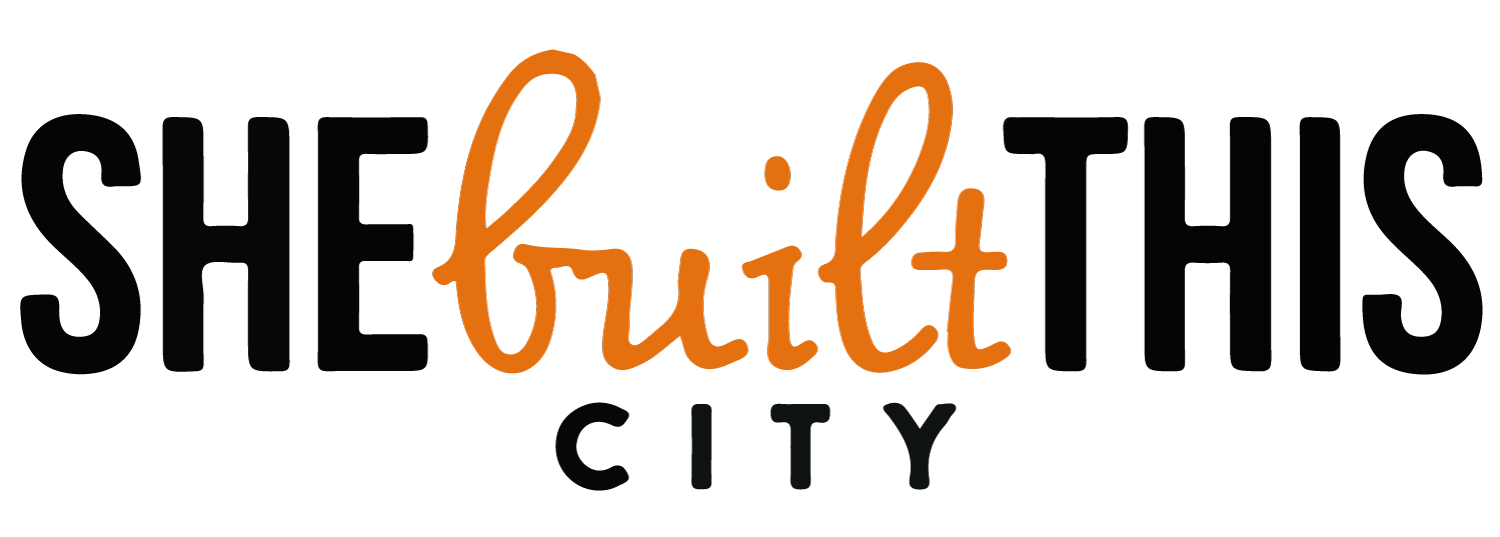Pride Month, observed throughout the month of June with the goal of celebrating, supporting, and raising awareness for the LGBTQ+ community, provides a wonderful opportunity for those in the skilled trades to examine their commitment to diversity and inclusion within their field. As a traditionally masculine and heteronormative industry, the trades world can certainly benefit from increased engagement with the LGBTQ+ community. From building a larger hiring pool to demonstrating social responsibility, including individuals within this marginalized group is an important part of building a more diverse team where all are welcome.
Firstly, however, it is crucial to understand the relevance of Pride Month, both its origin and its continued meaning. Through this, we can highlight the importance of inclusion in the workplace and create space for LGBTQ+ individuals in the skilled trades.
What Is Pride?
For decades, Pride celebrations have taken place in many forms. However, the build up to Pride Month as we know it began in 1969 with the Stonewall Uprising that occurred in Manhattan, New York. Often referred to as the tipping point in the battle for gay rights in the US, the Stonewall Uprising took place over five nights and was the culmination of consistent activism from the LGBTQ+ community. On the first anniversary of this event, June 28, 1970, the inaugural Pride march was held in New York City. Following this, annual pride festivities began popping up in other urban areas such as Los Angeles and Chicago, drawing more attention and participation with each passing year.
Today, millions of people gather every year in New York and other cities throughout the US to participate in Pride Marches. However, there is more to Pride Month than the parades and flags. Pride is about dignity and self-respect. It is about fearlessly living as one’s authentic self despite the opinions others may hold. It is a celebration of resilience, courage, and the intrinsic value of every individual. Pride encourages us to break free from societal constraints and boldly express our unique identities and experiences, and overall is a reminder that all people deserve respect and acceptance, regardless of sexual orientation or gender identity. By embracing their true identities, LGBTQ+ people empower themselves and inspire others to do the same.
Why Is LGBTQ+ Representation Important in the Skilled Trades?
The skilled trades industry has historically been associated with traditional gender roles and heteronormative expectations, making it crucial to review the positive impacts that LGBTQ+ representation within this field could have on individuals, organizations, and the industry as a whole.
Diversifying Perspectives and Fostering Innovation
Inclusion of LGBTQ+ individuals into the skilled trades allows for a diverse range of perspectives and experiences. By engaging with these employees and encouraging new approaches to problem-solving, innovation can flourish and open a door for new opportunities.
Expanding the Talent Pool
Excluding LGBTQ+ professionals can potentially result in missing out on highly skilled workers who can contribute to the overall success of an organization. As the skilled trades industry continues to face hiring shortages, the pressure on businesses to fill positions can be eased by embracing this community rather than marginalizing it.
Additionally, creating an inclusive environment also attracts a broader range of talent in general, especially as the younger, more socially conscious generation enters the workforce. This allows for the recruitment of team members based on their skills, qualifications, and expertise rather than their sexual orientation or gender identity.
Enhancing Workplace Culture and Morale
Adding on to the benefits of creating an inclusive workplace, diversified and welcoming environments foster a sense of belonging, acceptance, and respect for all employees. When LGBTQ+ tradespeople feel welcomed and valued in their field, they are more likely to bring their authentic selves to work, resulting in higher job satisfaction and increased morale.
This positive impact not only benefits the LGBTQ+ individuals in a workplace, but the organization as a whole.
Meeting Expectations
Demonstrating a commitment to inclusivity not only enhances an organization’s reputation and employee retention, but can also lead to increased customer loyalty and new business opportunities.
Clients today value diversity and inclusivity in the organizations they work with and support. By prioritizing the inclusion of the LGBTQ+ community, businesses in the skilled trades can meet the expectations of an increasingly diverse customer base.
Social Responsibility and Ethical Leadership
Ultimately, increasing LGBTQ+ representation is not just about meeting client expectations – it is also about doing what is right.
Embracing LGBTQ+ individuals in the skilled trades is a reflection of an organization’s commitment to respectful and ethical leadership. By actively promoting diversity on their teams, employers within the skilled trades can demonstrate their dedication to fairness, equality, and human rights, positioning themselves as socially responsible and virtuous businesses.
Hope for an Inclusive Future
LGBTQ+ representation in the skilled trades is a necessity for building a more inclusive future. While Pride Month serves as a powerful reminder of the ongoing fight for equality and acceptance everywhere, it also presents a unique opportunity for the skilled trades industry to examine its commitment to diversity and inclusion. By understanding the significance of Pride Month and the importance of creating space for LGBTQ+ individuals, we can foster an environment where everyone feels respected and valued.
As we seize this opportunity to build an industry that truly reflects the diversity of the world we live in and ensures that LGBTQ+ tradespeople have equal opportunities to thrive and succeed, we can show all that it is United We Spark!
